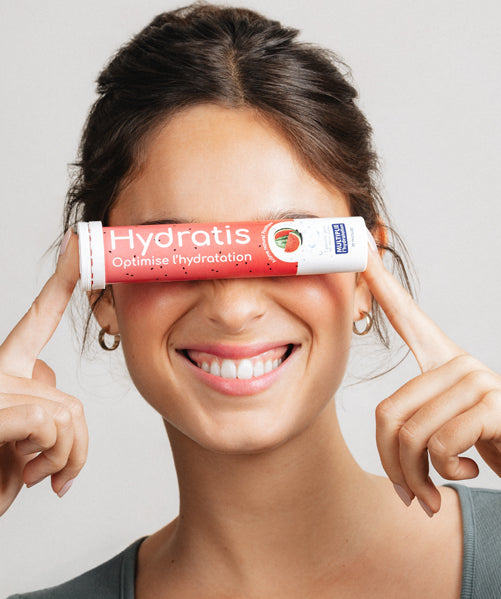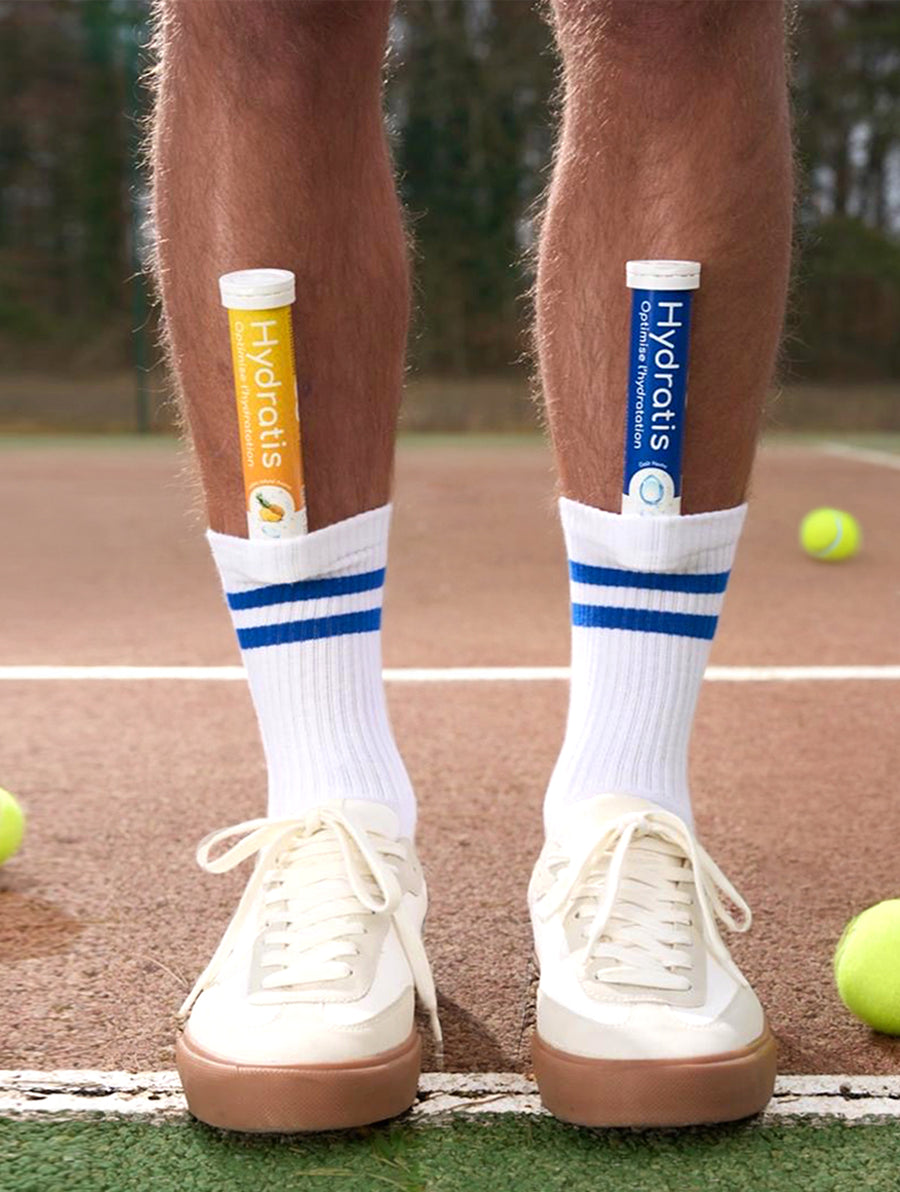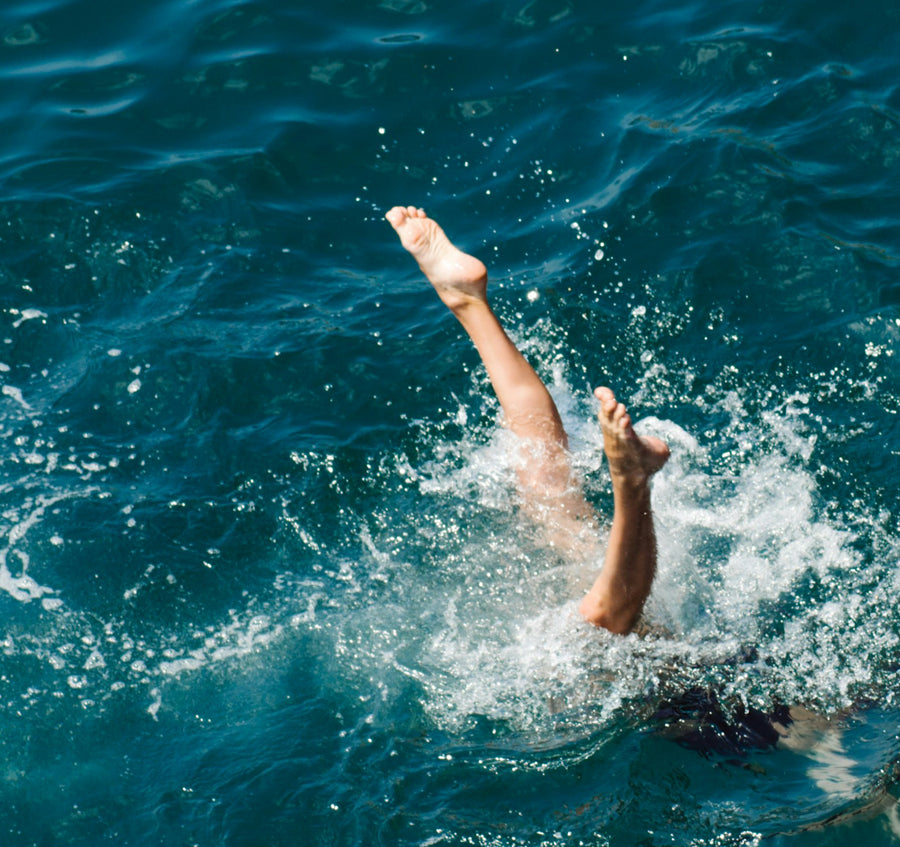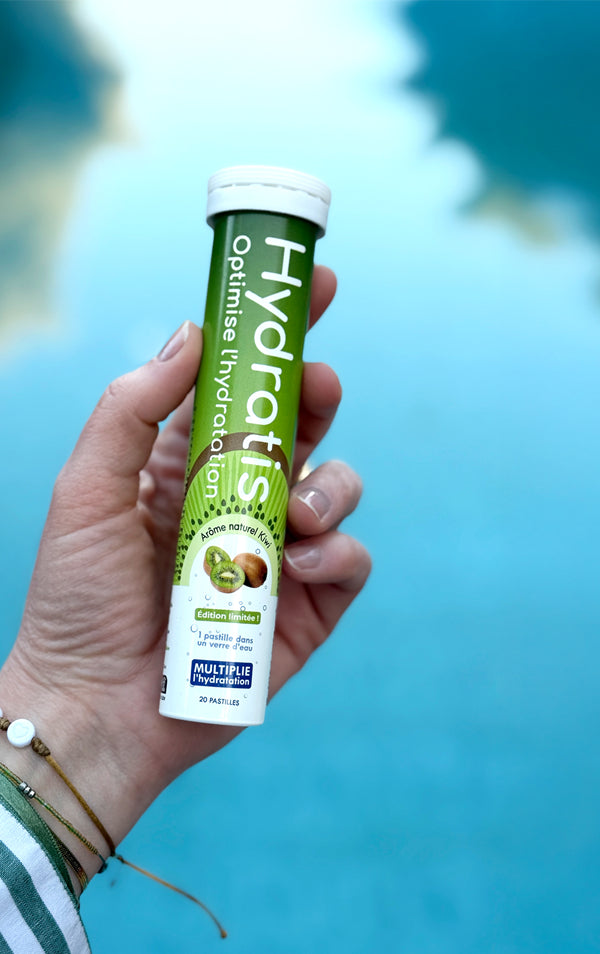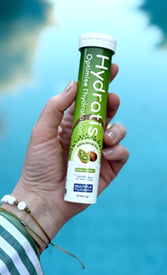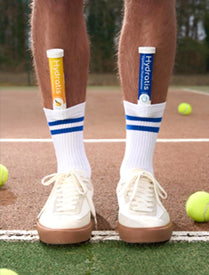Two-thirds of the body is composed of water, which equates to approximately 46 liters for a person weighing approximately 70 kilos. Water is essential for maintaining the body's health. To ensure proper fluid balance, it is recommended to drink at least 2 to 3 liters of fluids per day (approximately 8 glasses of water) if you are in good health and do not sweat excessively. This helps prevent certain complications, such as the formation of kidney stones. Dehydration can occur when the body's water intake is insufficient.
Dehydration can affect anyone and manifests as a significant decrease in fluid in the body. Diarrhea is one of the main causes of dehydration, resulting from poor hygiene, malnutrition, or hydration with contaminated water. Young children and the elderly require special attention, as they may have more difficulty hydrating regularly.
Signs and symptoms of dehydration to watch for
Certain specific signs can help identify dehydration: decreased urination, lack of tears, dry tongue, dry lips and skin, grayish skin, and a sunken fontanelle in infants. Diarrhea, vomiting , and other symptoms can also accompany this condition, such as fever, loss of appetite, nausea, vomiting, stomach pain, and abdominal cramps. Blood in the stool can be an alarming sign of significant dehydration.
Simple tests to detect dehydration
There are a few tests you can perform to assess your hydration level. The skin pinch test is quick and easy: pinch the skin on the back of your hand between your thumb and forefinger. If the skin springs back immediately, that's a good sign. If it takes longer to return to its original shape, it could indicate dehydration.
Another indicator is urine. In a well-hydrated body, urine is pale yellow and odorless . If it is dark or honey-colored, it can signal possible dehydration. Infrequent urination can also be a sign.
How to stay well hydrated?
To prevent or treat mild dehydration , it is recommended to drink plain water or fluid replacement products, such as electrolyte drinks. Hydratis offers life-saving drinks in the form of effervescent tablets that dissolve in a large glass of water and can be consumed up to 2 to 3 times a day as needed. During vigorous exercise or illness, drinking plenty of fluids and adding a little extra salt can be effective.
In cases of severe dehydration , an emergency situation requiring immediate medical attention may occur. A solution such as Hydratis can be administered to restore fluid balance.
It is important to treat the underlying cause of dehydration. For example, if you have diarrhea, appropriate medication can be taken to treat it. Medical monitoring is necessary to ensure adequate hydration is maintained after treating the cause.
In conclusion, to prevent dehydration, it is essential to drink enough water or fluid replacement, especially in conditions conducive to dehydration, such as hot, humid, or cold weather, high altitudes, or intense physical exertion. Avoiding alcoholic or caffeinated beverages is also recommended, as they can accelerate dehydration by increasing urine output. Daily consumption of 2 to 3 liters of fluids is recommended to maintain good hydration. If a child experiences symptoms of dehydration, it is important to consult a healthcare professional immediately.
